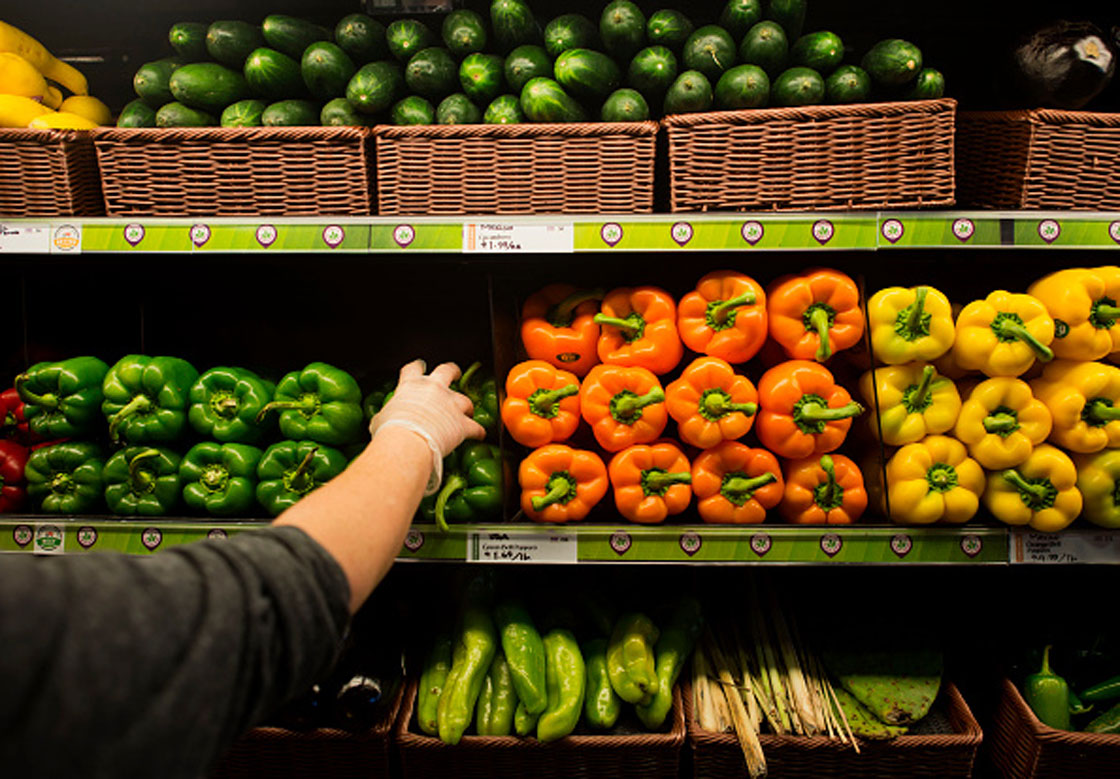At this time last summer, “baby droppers” – a supermarket term for infant-oriented products on sale – were a lot more common on the front pages of weekly flyers, the deals aimed at new mothers or grandmothers, a.k.a., the chief purchasing officers for many households.

No more. Shoppers are much more likely to find chicken – lots of less costly chicken – on promotion as a comfortable calm settles in across Canada’s grocery-shopping landscape, experts say.
Target Canada’s rapid closure combined with the shutting down of 50 or so Sobeys and Safeway stores over the past year has significantly eased tensions between grocers in recent months, allowing them to offer less generous promotions while subtly lifting prices.
The reduction in square-footage dedicated to food sales “has resulted in a mostly benign, uncompetitive marketplace,” a June 25 research note from CIBC World Markets said.
‘Summer picnic’
- Honda expected to announce Ontario EV battery plant, part of a $15B investment
- Trudeau says ‘good luck’ to Saskatchewan premier in carbon price spat
- Canadians more likely to eat food past best-before date. What are the risks?
- Hundreds mourn 16-year-old Halifax homicide victim: ‘The youth are feeling it’
In Ontario where Target had the highest number of stores, times have become very good, the note said. Discounters like Loblaw’s No Frills, the province’s biggest “value” chain, are running fewer promos while rivals like Metro Inc.’s Food Basics and Walmart “have been sporadically more aggressive, but there is no sustained hysteria.”
MORE: 5 reasons why supermarkets want you to eat your fruits and vegetables
At flagship banners like Loblaw, Metro and Sobeys it’s a flat-out “summer picnic,” CIBC analyst Perry Caicco said. “These stores don’t care what you think of their pricing right now. They want to show you that they sell everything for a one-stop shopping trip, with a few modest discounts in case you are interested.”
Meat inflation
Good old-fashion inflation is at play too. Meat prices continue to surge in many categories, particularly for beef. A lower loonie is creating higher prices on imported food, namely fresh produce bought wholesale with U.S. dollars.
Average steak prices are up more than 23 per cent year-on-year this summer, according to Statistics Canada, compared to the far more tame 4.5 per cent rise in chicken, a difference that’s changing many shopping habits for both consumers and grocers.
MORE: The ‘new reality’ for meat lovers – steak sticker shock
“We’re seeing customers downgrading to different cuts and adjusting to the new reality of pricing, especially on beef,” Marc Poulin, Empire’s CEO, said last week. “That’s making it difficult for us at this stage, and we need to adjust merchandising plans to take that customer reaction into account.”
CIBC’s Caicco said much of the price increases seen by grocers are being effectively passed onto shoppers though. “Grocers have been able to inflate prices to cover much of the damage wrought by higher costs.”
A spokesperson for Metro declined to comment. Requests for comment from Loblaw and Empire weren’t responded to.
WATCH: Beef prices remain persistently high. Global Calgary’s David Boushy on how consumers are coping.




Comments